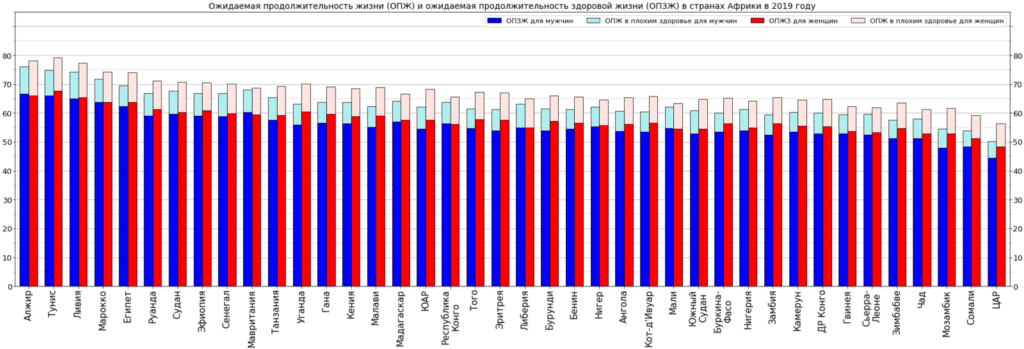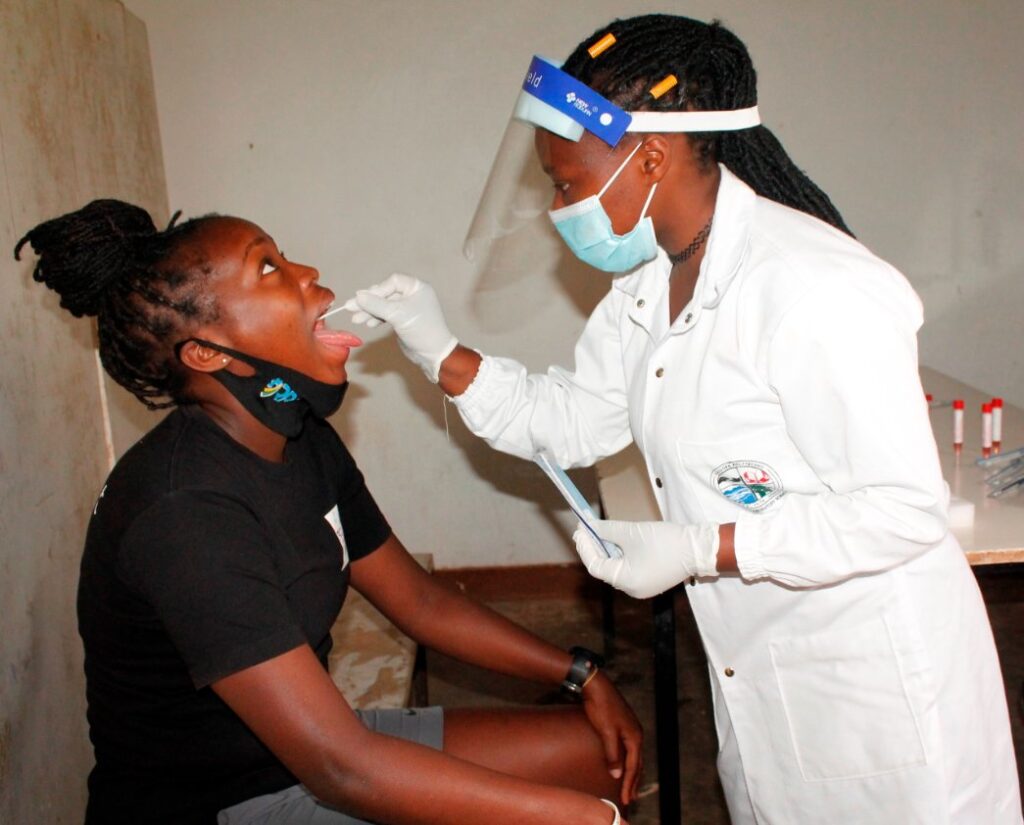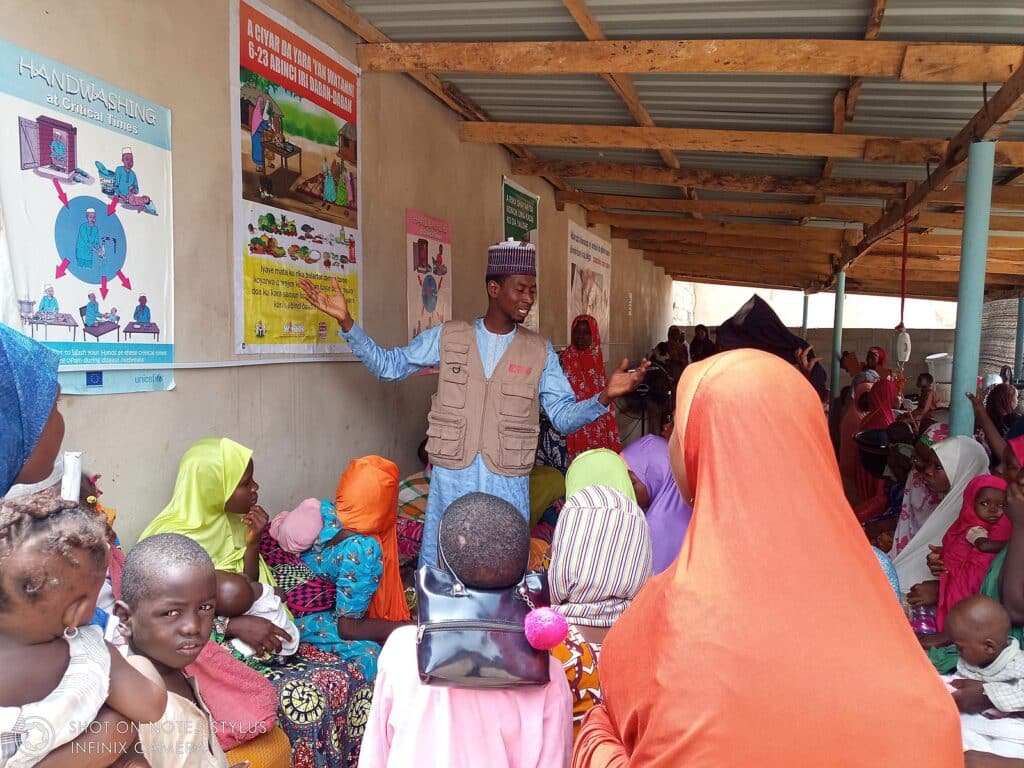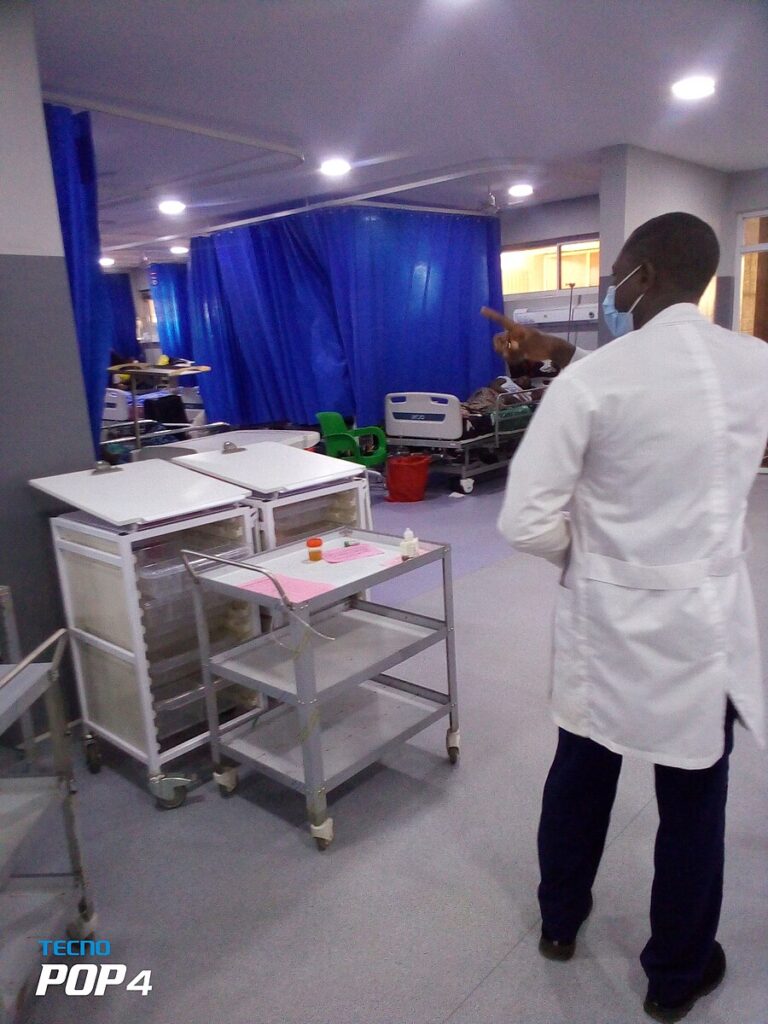Whether internal or international, migration impacts migrant and host communities, including from a public health standpoint. In the context of rising transnational and global public health threats and risks, enhancing migration and health nexus governance in line with international human rights and public health standards is paramount. The complexity of the migration and health nexus stems from the interplay of health risks, inequalities, and global trends such as poverty, uneven economic globalization, climate change, environmental degradation, insecurity, and conflict, to name a few, that can lead to rising health risks and threats, impacting migrant’ and host communities’ health conditions.

Transmissible pathogens are not only the cause of health risks and threats. Wide-ranging factors cause the occurrence or rise of public health risks and threats. These factors include environmental and climate change-related challenges, unsafe living and working conditions, and unhealthy behaviors like drug and alcohol use, among others. Migration and mobility and other factors, such as poverty, inequality, unemployment, and social exclusion, can increase migrants’ and non-migrants’ vulnerability to health risks.

International migration can significantly impact public health threats and risks, and at the same time, the latter can substantially affect the former. The COVID-19 pandemic and the ensuing deaths of millions of persons, economic losses, insecurity, quarantine measures, and hindrances to human migration and mobility exemplify the adverse impacts of public health risks on human migration and mobility.

The ACSRM aims to understand the trends, challenges, stakes, and policy implications underlying the nexus between African migration and health. Through this research cluster, the ACSRM brings together researchers, policymakers, experts, practitioners, civil society, and migrant individuals and associations to discuss the challenges and trends affecting migrants’ health and ways to improve the health conditions in origin, transit, and destination countries.
This research cluster aims to provide an understanding of the implications of migration and mobility (from, within, and to Africa) on public health (and vice versa). It scrutinizes how the nexus between migration and health impacts migration policies, public health policies, health human resource policies, and health system policies, focusing on the African context (inward or outward African migration). The rationale is that while human migration and mobility (among other factors) are critical determinants of public health, global public health issues, national and international health policies, and other factors have significant implications for migration policies, laws, legislation, and migration governance.
The ACSRM also aims to enhance understanding of the impacts of rising public health risks and threats on African migration and mobility; the national, international, and global instruments related to migration and health nexus and its implications on Africa’s migration; the impacts of globalization, poverty, inequality, unemployment, racism, and other contextual factors on migration and health nexus. Understanding and addressing health inequalities in the context of migration and mobility will be a crucial dimension of this research cluster. The ACSRM endeavors to investigate the wide-ranging forms of health inequalities affecting African migrants and the implications on their health, well-being, safety, and potential to contribute to homeland development. While the right to health is a fundamental human right, African migrants, especially irregular migrants, face many barriers that impede access to healthcare in transit and destination countries.

Moreover, we aim to deconstruct the narratives of some stakeholders, picturing migrants as the primarily responsible diseases and blaming migration as the source of health and human insecurities and hardships. The stigmatization of migrants as responsible for health-related risks and threats and the underlying racism and anti-migrant sentiment lead to overlooking the complexity of health issues linked to external and internal factors. Such a narrative sees migration and migrants as a fundamental challenge to host societies. In contrast, migration and migrants play an essential role in improving the health conditions of origin and host countries, as exemplified by the migration of healthcare workers that reduce the health workforce shortage in destination countries and can entail gains in the origin country if well managed. However, health worker migration can also entail adverse impacts, especially in countries confronting fragile health systems and chronic health workforce shortages.





